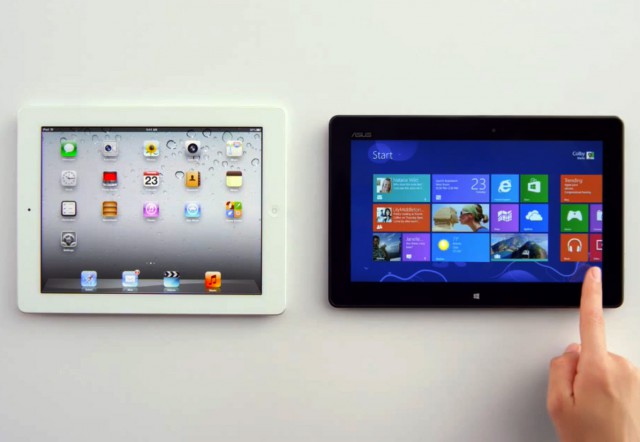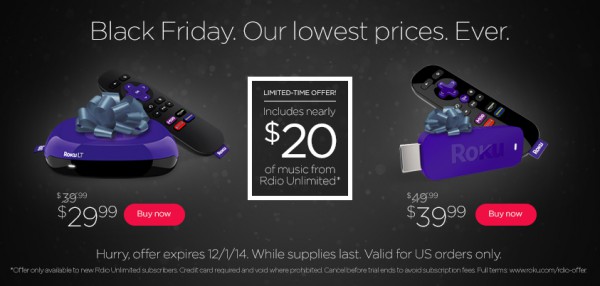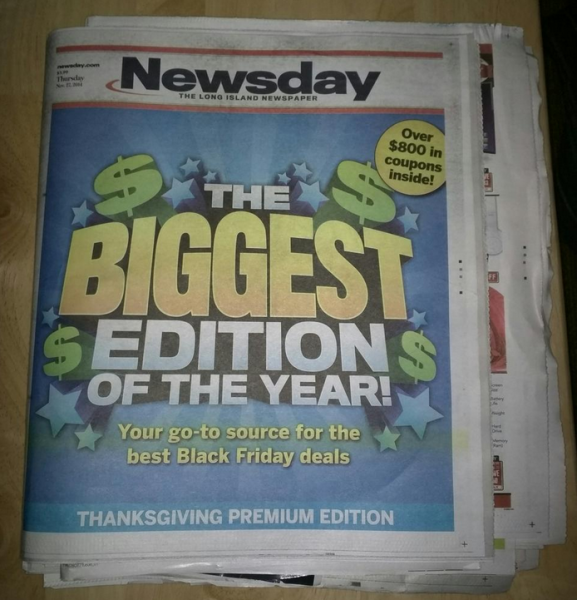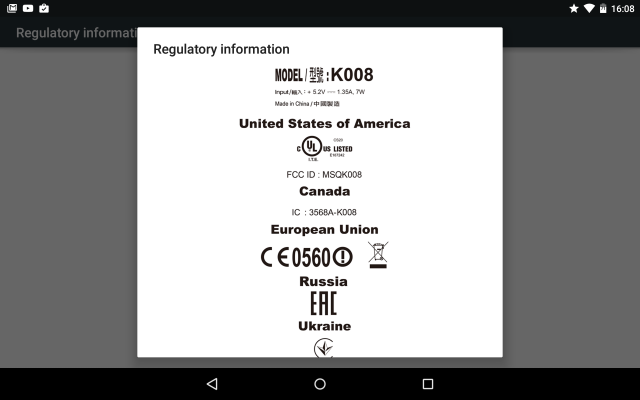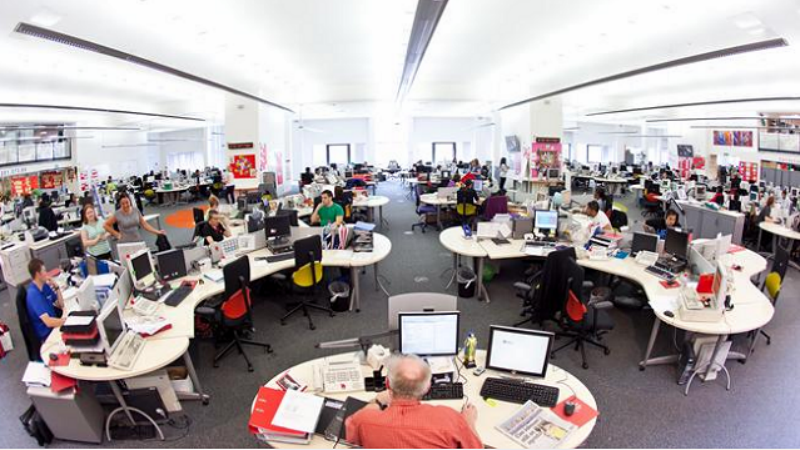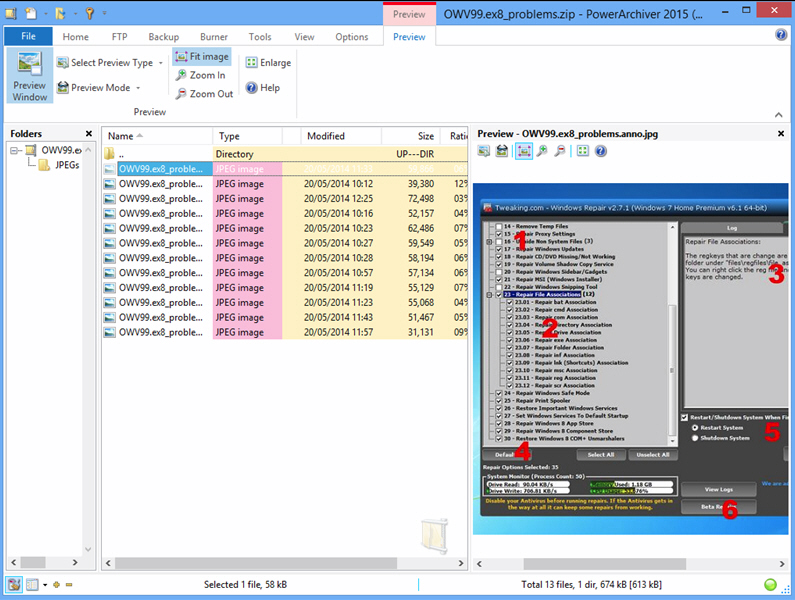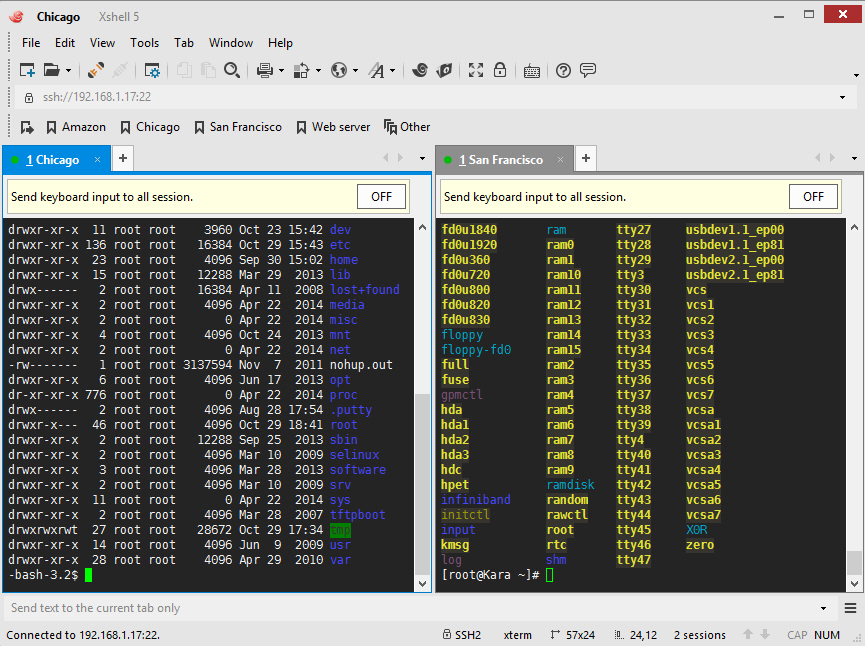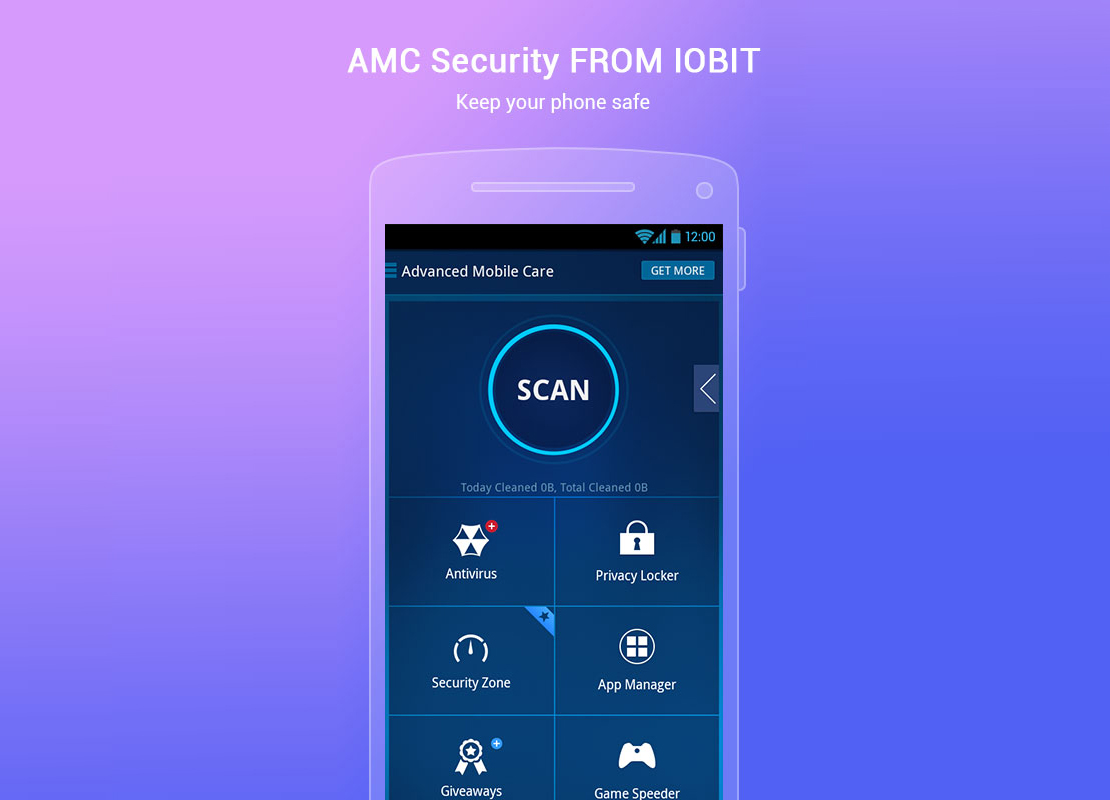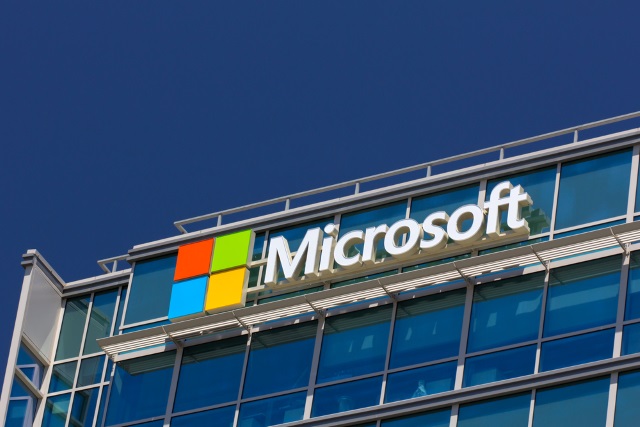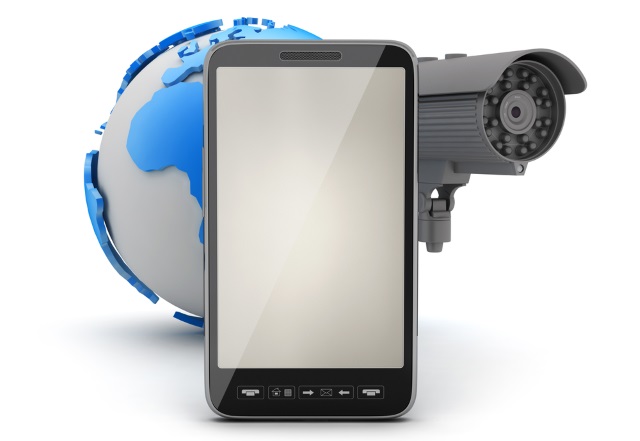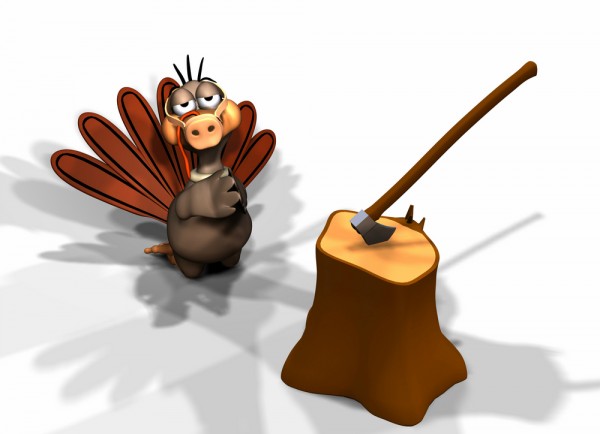
While I keep the list short this year, it wouldn't be U.S. Thanksgiving without my writing about gratitude, and why some tech company's executives, employees, and partners should prostrate and pray "Thanks".
Let's start off with Google, which continues a great run that started with Larry Page's return as CEO in April 2011. If he's not all smiles this Turkey Day, someone should slap that man aside the head. I could tick off a hundred things for which he should give thanks. For brevity's sake, so you can get back to the big game and bigger bird, I select some things that might not come to mind.
Unlike previous years, I present the list in no order of importance, favoring writing flow instead.
1. Chromebooks in Education
Sometimes, the blessings are so many, they are too many to count. The success of Google, and its hardware partners, selling Chromebooks to schools cannot be overstated. Shortlist:
Late 2013, tech writers sniffing for ad-generating pageviews misrepresented NPD data about sales through commercial channels, applying them to all, resulting in the misguided "2014 is year of the Chromebook meme". Companies can't pay for marketing like this, and they shouldn't unless they want troubles from the U.S. Federal Trade Commission about misrepresentative advertising. But the free press can mislead any `ol way it wants.
Microsoft responded to the "year of" meme by subsidizing cheap, as in $199, Windows laptops. They brought down average selling prices while failing to substantially lift sales. The subsidy program is largely lose-lose for Microsoft and its partners, well, except for those selling Chromebooks. Oh, yeah, that's all the majors—even long-time loyalist HP. Uh-oh.
Chromebooks in K-12 schools ensure that the next generation of computer users will start out on Google Apps and Gmail and not Microsoft Office and Outlook. Software developers seek to lock `em young to load them for the future. These kids will Google for a lifetime.
Meanwhile, Adobe released Photoshop to the Web and nicely available for Chromebook, removing one of the major barriers to adoption. Mix that with Office 365, and many businesses -- let alone schools -- have more reasons to switch. Mmm, maybe those drunk-on-NPD-data bloggers will prove to be prescient and 2015 will be year of the Chromebook.
2. Tablet Woes
iPad sales are slowing. That is the big takeaway from Apple's calendar Q3 results, and now IDC forecasts first-time, full-year shipment declines. What's bad for Apple is good for Google. As tablet sales slow overall, Android more likely benefits than iOS.
The fruit-logo company is unlikely to shift a majority of iPad sales to iPhone. By contrast, growing phablet interest, particularly in emerging markets, means more Android adoption. That's great for advancing the platform and wooing even more developers to it. What's bad for tablets is worse for iOS than Android, and Google gratitude is required.
3. Google Search Traitors
So-o-o-o, Mozilla is giving up Google for Yahoo, as Firefox's default search engine. Meanwhile, there are unconfirmed rumors that Apple may switch Safari when its search contract expires next year. Hells, bells, what idiots! Unbundling Google Search from Firefox and Safari can only help Page and company.
Look at iOS. Siri sucks more since the switch to Bing last year. Choosing Yahoo or Bing is essentially the same, given that Microsoft provides the tech behind both. Any way that competing browsers look less appealing to Chrome, or other operating systems to Chrome OS, the better for Google.
Sure, the company loses some revenue from the search deals. But, think! Many people will switch back to what they know, and Google will no longer have to pay for their right to choose its search engine. Win-win, baby!
Then there is Europe. Google can claim to be a lot less-threatening monopoly if search competition increases in the browser market. Apple and Mozilla lawyers should be telling top execs to stay off that reset bottom. Keep goddamn Google Search in place until the European Union's Competition Commission issues a ruling demanding every one of Big G's services be unbundled from search. Switching now can only mean trouble for competitors.
4. Search Loyalists
While Europe obsesses about the "right to be forgetten", millions of people want to be remembered by Google. That's the point of apps like Inbox and Now, which capitalize on what Big G learns about your search and other online habits and makes all contextually relevant to you.
The year 2014 is a great one for Google Search loyalists, and the information giant rewards them handsomely on Android or iOS. As for Windows Phone, what's that mafia movie line? "You're dead to me". There are no Google apps for you, baby.
I have in the past screamed to the mountaintops about the importance of contextual cloud computing and how Google gets it. Apple sure as hell doesn't. Look at the mess Siri still is and OS X's wobbly cloud sync, even on Yosemite. Say, Apple, good isn't good enough when standing before greatness.
Google gets sync and context better than anyone. Now improvements, tightening contextual integration across properties anchored to search, and the exiting Inbox app give Google loyalists many reasons to give thanks this holiday.
5. Late-year Black Friday
Lastly, Holiday 2014 shopping starts late, less than 30 days before Christmas. That means more contextual search and banner ads from sellers, and more searches from buyers. Google grubs both ends of the query troth.
Google Now, coupled with location-aware mobile search, is gravy dripping from the Thanksgiving table onto the shopping spree. The closer Christmas comes, the farther buyers and sellers will go for deals. If they aren't given online, someone will look for them there. Google's search monopoly, averaging about 70 percent share across the planet, benefits big time. The smiles aren't just for Thanksgiving, but from here all the way to December 25th.
Photo Credit: Jeff Cameron Collingwood/Shutterstock









